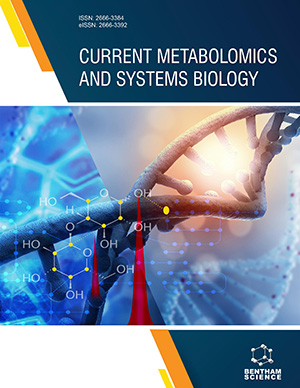Abstract
Presently, the treatment of the infection by Trypanosoma cruzi has been considered unsatisfactory. The eradication of the infection and the interruption of the chronic disease evolution have not been reached by treatment in several clinic and experimental trials. To be unanimous, the indication of determined treatment it should be deposed of undesirable side effects and, even if it did not produce the cure (elimination) of the infection, it should at least stop its evolution. However, the treatment with anti-trypanosome nitro derivatives did not show a clear advantage, when cost and effectiveness were analyzed. Although millions of people with the acute T. cruzi infection do not present a clinic disease, the treatment is clearly indicated in several situations in which the patient’s life is in danger. The controversy on the efficacy of the treatment of T. cruzi infection with the available drugs shows that this is one of the aspects of the investigation on Chagas disease that deserve research incentives. The suggestion that the pathogenesis of the disease is associated to the introduction of kDNA mutations from the parasite’s genome to the host’s defines the need of one or more drugs that are truly effective against the infection. The persistence of the infection, throughout the life of the patient may represent a source of kDNA which introduces cumulative mutations. The effect of these mutations on the evolution of the disease could be avoided with the infection elimination. Maybe, this is an aspect of scientific research with possibilities of generating real benefits to the 18 million people infected by T. cruzi, reminding that one third of them will present clinic manifestations of Chagas disease.






















